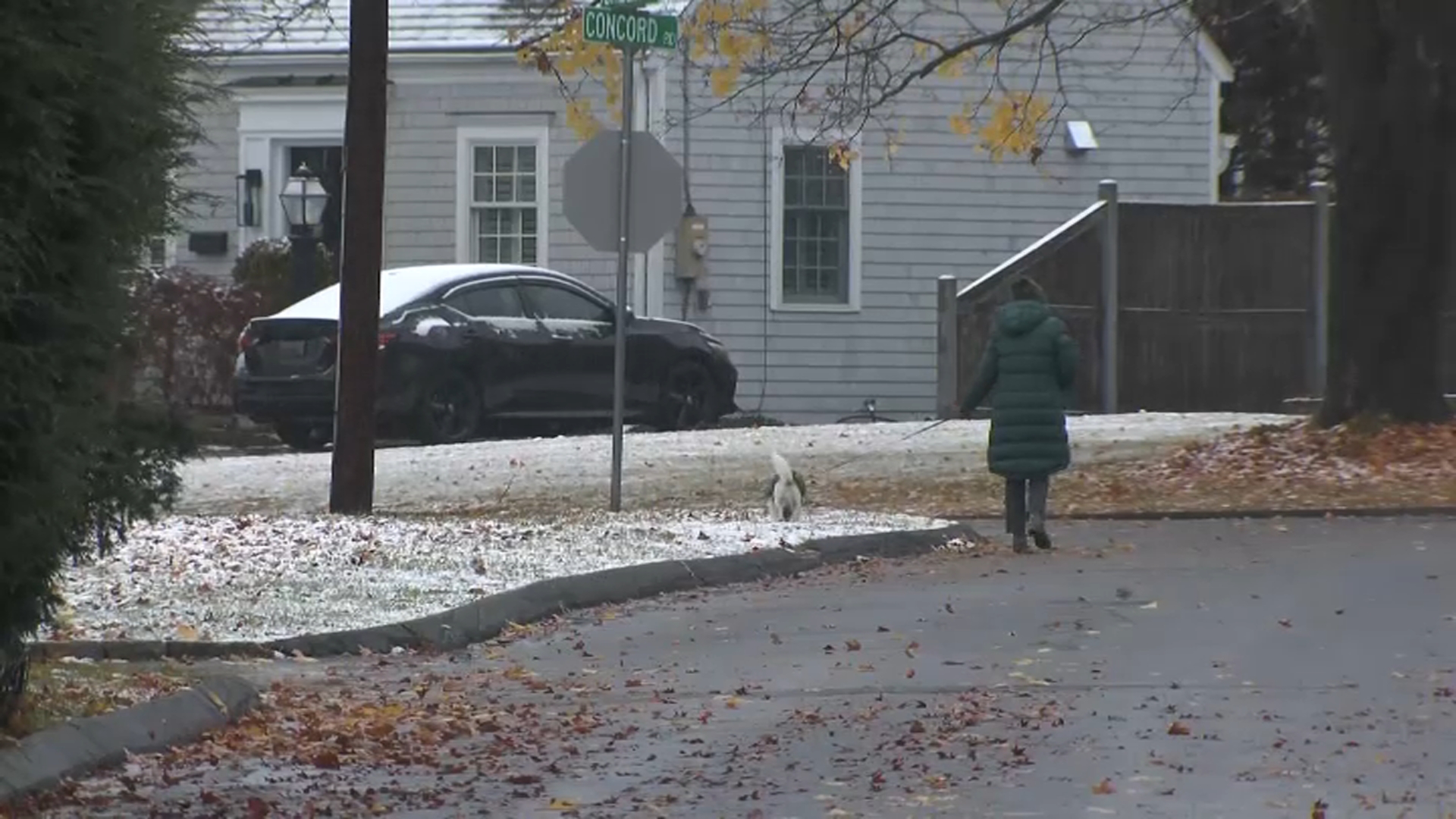Eastern Equine Encephalitis has been detected in mosquitoes in Connecticut for the first time this season.
Four mosquitoes trapped in Canterbury on July 16 tested positive for EEE, according to the Connecticut Agricultural Experiment Station (CAES) in New Haven. The mosquitoes were trapped at a location on Quinnebaug Camp Road.
Scientists who test for the virus said they are seeing higher levels of activity for this time of year and part of it has to do with this summer's weather. It's a paradise for mosquitos and the viruses that can come with them.
“Right now, the conditions are ripe for further spread and increased risk," said CT Agricultural Experiment Station Chief Scientist Dr. Phillip Armstrong.
Get top local stories in Connecticut delivered to you every morning. Sign up for NBC Connecticut's News Headlines newsletter.
Dr. Armstrong says he and his team at the CT Agricultural Experiment Station have already detected EEE in four mosquitos in Canterbury.
“This is really early for us to detect the virus and so we’re going to be closely monitoring the situation to see if the virus continues to amplify," Dr. Armstrong said.
Humans can contract EEE through a bite by an infected mosquito. Human cases are rare, but can be very serious. Approximately 40% of people who become infected die from complications of the virus.
Local
Symptoms can include fever with chills, body aches, and joint pain. In more serious cases, patients can develop meningitis or encephalitis (infection of the brain).
To reduce the risk of being bitten by mosquitoes, the CAES says residents should:
- Minimize time spent outdoors between dusk and dawn when mosquitoes are most active.
- Consider the use of mosquito repellents containing an EPA-registered active ingredient, including DEET, Picaridin, IR3535, oil of lemon eucalyptus, para-methane-diol (PMD), or 2-undecanone when it is necessary to be outdoors.
- Wear shoes, socks, long pants and a long-sleeved shirt when outdoors for long periods of time, or when mosquitoes are more active. Clothing should be light-colored and loose-fitting and made of tightly woven materials that keep mosquitoes away from the skin.
- Be sure door and window screens are tight-fitting and in good repair.
- Use mosquito netting when sleeping outdoors or in an unscreened structure and to protect infants when outdoors.
Dr. Armstrong said they usually don't see EEE cases until August, but the weather has created a perfect environment for earlier-than-usual detection.
“With EEE virus, we tend to see fewer cases than West Nile Virus but it is life threatening and can cause severe symptoms," he said.
As for West Nile, he said they have already detected 12 cases in mosquitos varying across Fairfield, Hartford, New Haven and New London counties.
“When you’re thinking about these viruses that they carry, the infection rates are very low in the mosquito population, so they’re in the 1 in 1,000 range," he said.
While rare, Dr. Armstrong recommends wearing long sleeves, applying insect repellent or avoiding unnecessary outside exposure at dawn and dusk when mosquitos are most active.
“Given that it’s still early in the season, and we have many more weeks left of summer, and it will go into the fall all the way into October until we get that first hard frost, now is the time to take precautions," he said.
The last EEE outbreak in Connecticut was in 2019, when three of the four cases found in humans were fatal, according to Dr. Armstrong.



